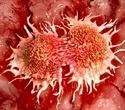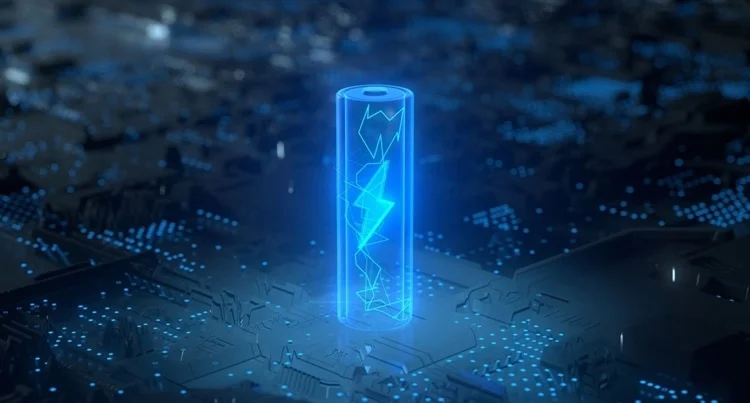Inherited gene mutation found to increase prostate cancer risk
A study of men with a family history of prostate cancer has discovered an inherited form of prostate cancer.
The inherited mutated gene WNT9B, which functions normally in embryonic prostate development, increases risk of adult prostate cancer, according to the Vanderbilt University Medical Center study published in JCO Precision Oncology.
This discovery was replicated in five independent study populations collectively encompassing one-half million patients from the U.S. and Europe, with the increased prostate cancer risk estimates ranging from two- to 12-fold, according to lead author Jeffrey Smith, MD, PhD, associate professor of Medicine in the Division of Genetic Medicine.
"Unlike breast cancer, relatively few high-risk prostate cancer genes have been established to date," Smith said.
"Inherited risk of prostate cancer is roughly twice that of breast cancer, but its genetic complexity is also considerably greater; this has been a formidable obstacle for global studies," he said.
A pathogenic gene mutation is a change in the DNA sequence of a gene that causes a person to have or be at risk of developing a certain genetic disorder or disease, such as cancer. Pathogenic variants can be inherited from a parent or occur during a person's lifetime.
Established high-risk prostate cancer genes now include WNT9B, HOXB13 (also functioning in embryonic prostate development), the 8q24 locus, and BRCA2.
Established high-risk prostate cancer genes now include WNT9B, HOXB13 (also functioning in embryonic prostate development), the 8q24 locus, and BRCA2.
#ResearchChemistry, #ChemicalInnovation, #Science, #ScienceResearch, #ScientificResearch, #ResearchAndDevelopment, #ChemistryEducation, #ChemistryExperiments, #ChemistryLab, #ChemistryStudents, #ChemistryStudy, #OrganicChemistry, #InorganicChemistry, #PhysicalChemistry, #AnalyticalChemistry, #Biochemistry, #MaterialsChemistry, #TheoreticalChemistry, #AppliedChemistry, #MedicinalChemistry
Visit Our Website : researchchemistry.org
Nomination Link : researchchemistry.org/award-nomination/
Registration Link : researchchemistry.org/award-registration/
Member Link : researchchemistry.org/member-submission/
Contact Us: contact@researchchemistry.org
Social Media Links
Instagram : www.instagram.com/chemistryaward
Twitter : x.com/Chemistryaward
Pinterest : in.pinterest.com/chemistrymails




Comments
Post a Comment